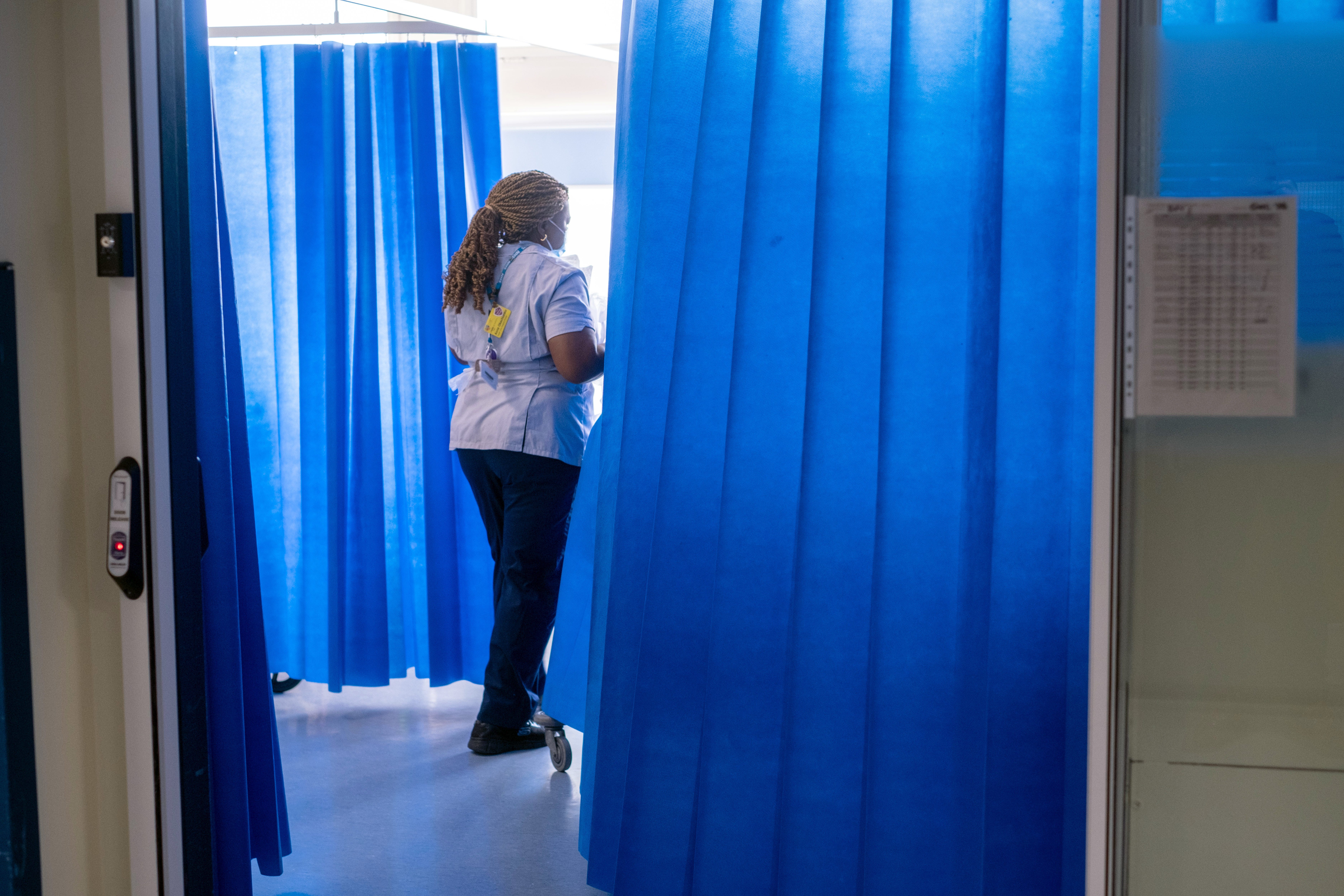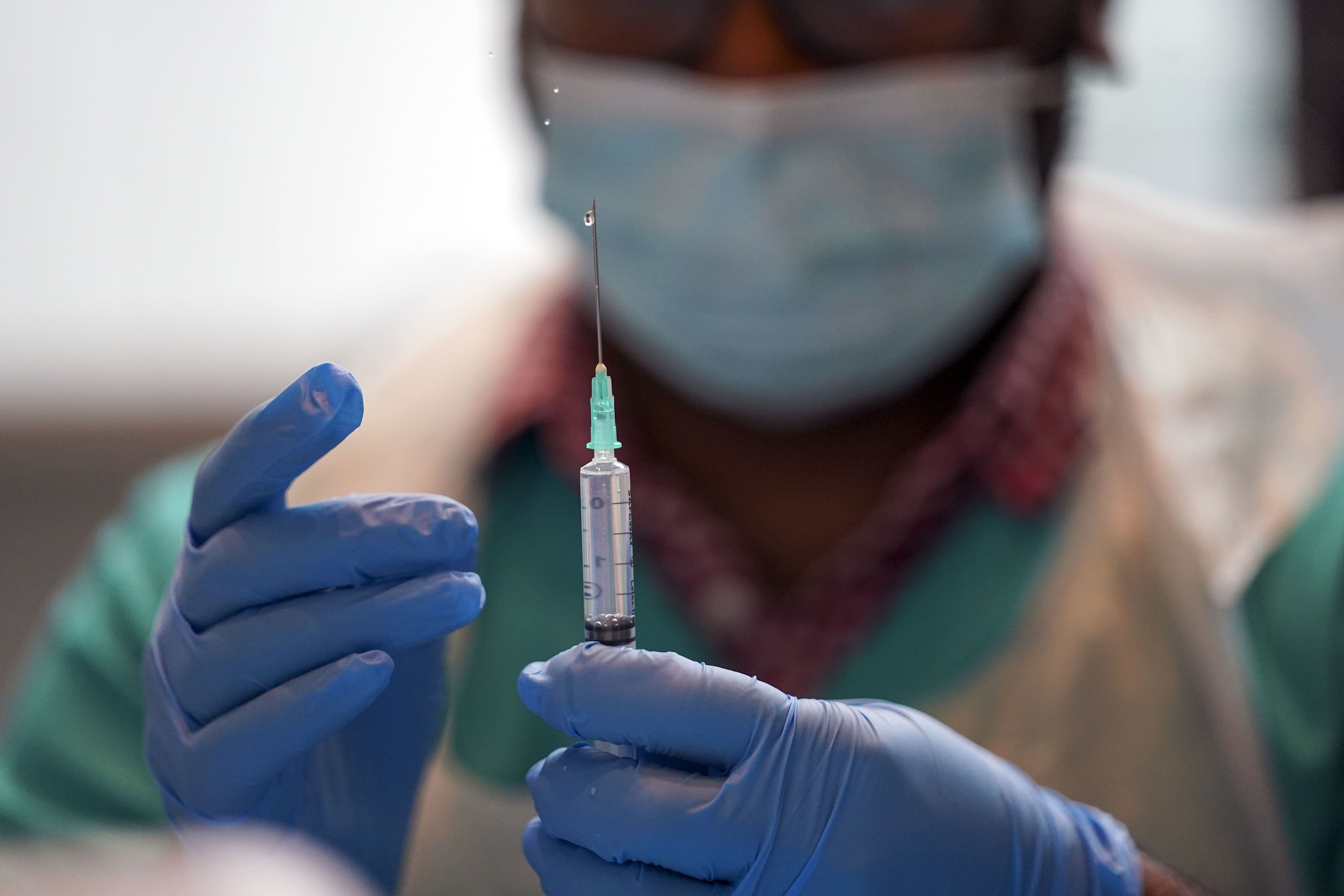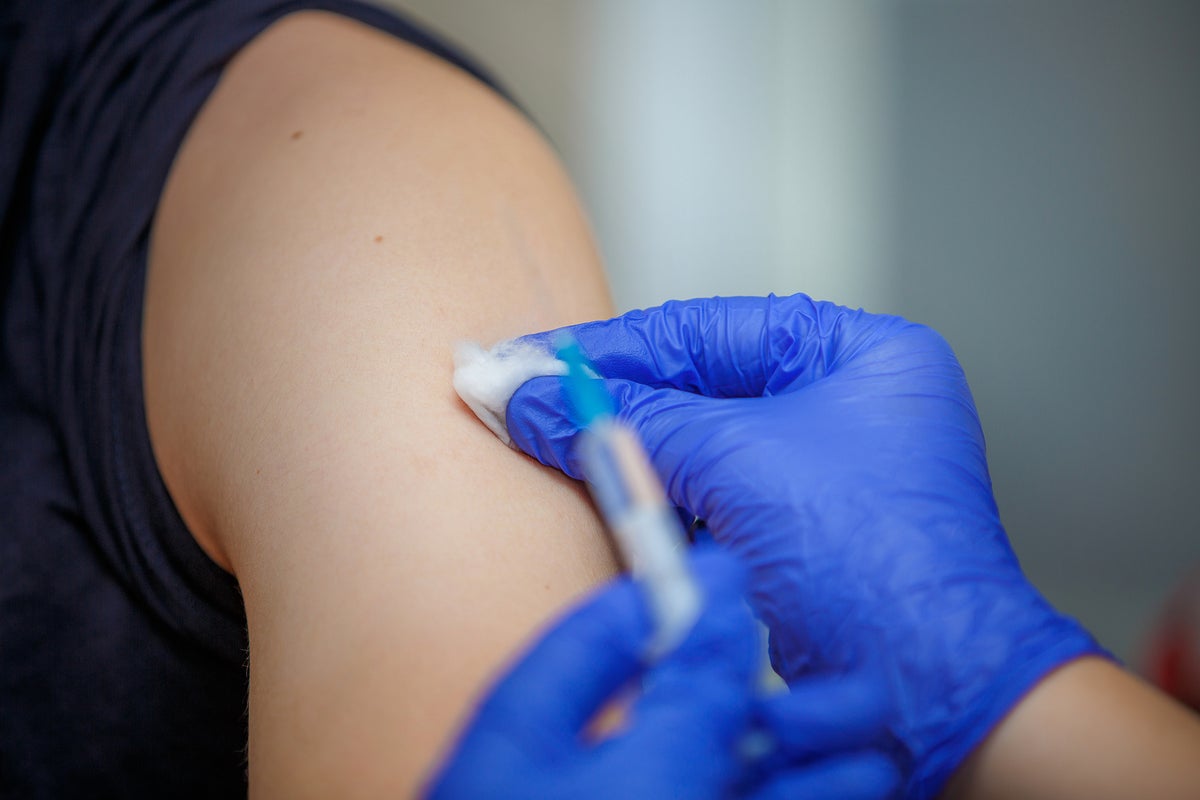Patients in England with head and neck cancer will be fast-tracked onto a clinical trial for a “potentially transformative” new vaccine, under an initiative announced by the NHS.
The first patients have received the jab, which uses mRNA technology to train the immune system to fight cancerous cells, with more set to be enrolled at their nearest NHS hospital.
Head and neck cancer is a general term to describe forms of the disease in those regions of the body, and can include cancer of the mouth, throat or voice box. Around 11,000 new cases are diagnosed in England every year.
Aggressive forms are difficult to treat, with high rates of recurrence and two-year survival rates under 50 per cent.
The vaccine used in the study has been designed to create two proteins that are commonly found in head and neck cancers associated with high-risk types of human papillomavirus (HPV).

These types of cancer, known as squamous cell cancers, develop from flat, scale-like cells in the outer layer of the skin and other areas of the body.
More than 100 patients with advanced forms of the disease will be matched to the trial, known as AHEAD-MERIT (BNT113), which will run at 15 hospitals over the next year.
Health minister Karin Smyth described the plan as a “massive win for cancer patients”.
“These cancer vaccines could be game-changing for patients facing some of the most challenging diagnoses. By getting these trials running in our NHS, we’re putting ourselves at the forefront of medical innovation, improving outcomes for people living with cancer.”
NHS England has joined forces with life sciences company BioNTech to help identify potentially eligible patients to refer to NHS hospitals running the trial.
The trial is the third to be run through the NHS Cancer Vaccine Launch Pad, which is supported by the Cancer Research UK-funded Southampton Clinical Trials Unit.

Professor Peter Johnson, national clinical director for cancer at NHS England, said: “It’s fantastic that more patients with advanced head and neck cancers will now be able to access this potentially transformative vaccine, offering renewed hope of holding the disease at bay.”
Tamara Kahn, chief executive at Oracle Head & Neck Cancer UK, said the trial “offers crucial hope to those living with advanced stages of cancer”.
“While we advocate for HPV vaccination to prevent these cancers, those already fighting this devastating disease urgently need new treatments that could mean more time with loved ones,” she added.
Chris Curtis was diagnosed with HPV-related head and neck cancer in 2011 and set up a support charity, The Swallows.
The 67-year-old, from Blackpool, said: “As a survivor of HPV-related head and neck cancer, I know first-hand the physical, emotional, and psychological toll this disease takes not just on the patient, but on the entire support system around them.
“With this aggressive cancer, you live in the fear of reoccurrence every day – so anything that could help control the disease or give people peace of mind is groundbreaking – it’ll allow people to get on with their lives and move forward.”
The Cancer Vaccine Launch Pad – a partnership between NHS England, the Government and BioNTech – has already helped refer about 550 patients to trials for vaccines for bowel and skin cancers.
Dr Iain Foulkes, executive director of research and innovation at Cancer Research UK, said: “The Cancer Vaccines Launch Pad is an important route to fast-track promising mRNA vaccine technology into clinical trials.
“Research into personalised cancer treatments is vital. There are over 200 different types of cancer and it’s unlikely there will ever be a single cure that works for everyone.
“That’s why it’s vital that we support a wide range of research, so that more people can live longer, better lives, free from the fear of cancer.”



